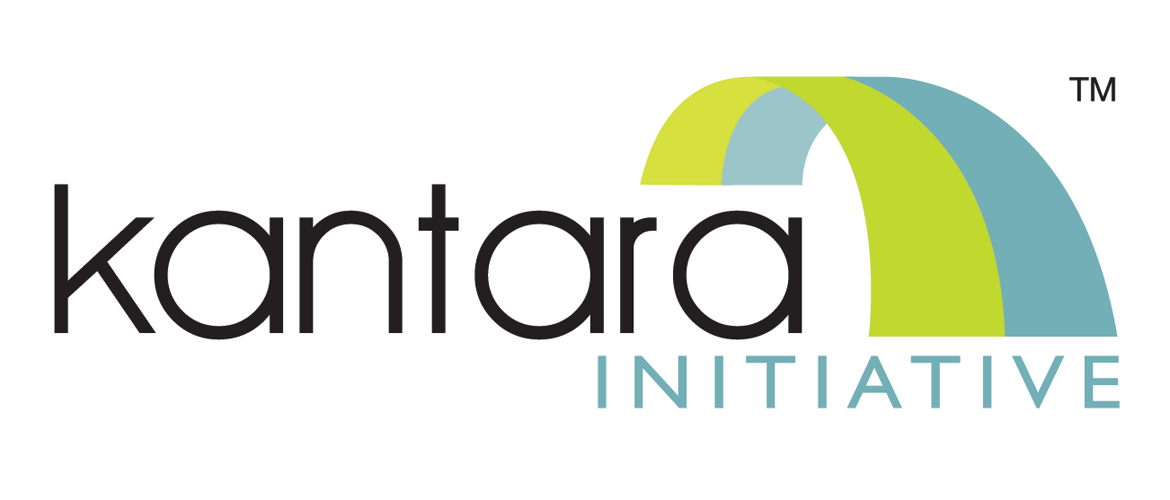Our 2023 #DEIA survey is now open! Click here to participate!
Posted on June 15, 2009
One of the points I was happy to have been able to make at last Tuesday’s beingdigital event was this: privacy is not about keeping all my data to myself, it’s about disclosing it, but doing so under conditions of control and consent which reflect a specific context.
I’ve said that before, I know, and will doubtless say it again. The novel part, though, was to look at social networking from that perspective. When you do so, it becomes clear that our ‘online life’ – what James Governor has referred to as “declarative living” – is actually a mass experiment in what happens when we uncouple disclosure from all the normal contextual constraints which we allow to guide us in real-world social interactions.
Not only is social networking an experiment, I would go so far as to argue that it is a consensual hallucination; we’re jamming together two terms and hoping that the resulting phrase makes sense, when actually it does no such thing. As things stand today, you can have “social interaction” as human beings have understood it for millennia, or you can have “networked interaction”. If you want, you can behave as though your networked interactions are exactly equivalent to your social ones, but if you do, you’re deluding yourself.
I was therefore reassured to see that view echoed in comments by Prof Peter Fader and Prof Alessandro Acquisti – of Wharton and Carnegie Mellon University respectively – in this article on the Wharton site.
The article quotes Prof Fader as follows:
‘Research on online social networking and how it may alter privacy norms is just beginning, according to technology observers. “Our kids today will give everything [in terms of personal information] away, but it’s not at all clear how this will shake out in the long run,”‘
and Prof Acquista as follows:
‘”Privacy decision making and valuations are malleable,” but it’s unclear what factors lead to more disclosure. One of those factors might be a “herding effect,” he said. In one study, Acquisti found that that people will divulge information when they see others doing so. That tendency, he believes, may explain why so many people are willing to dish out personal information on the networks.’
I’m not trying to claim that privacy norms are immutable – certainly, they will change as a result of the ways in which we experience the effects of social media – but let’s not blindly go along with the assumption that social and networked interaction are the same thing. Yet.
–posted by Robin Wilton, Director of Privacy and Public Policy, Liberty Alliance

